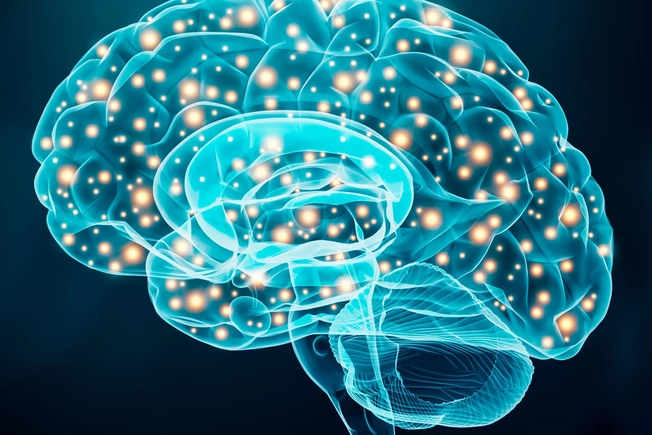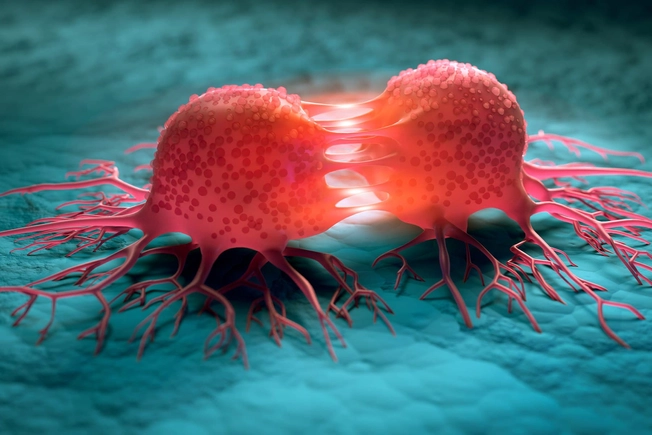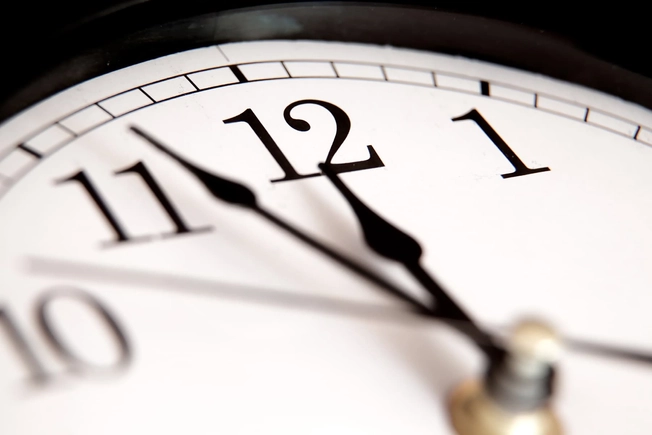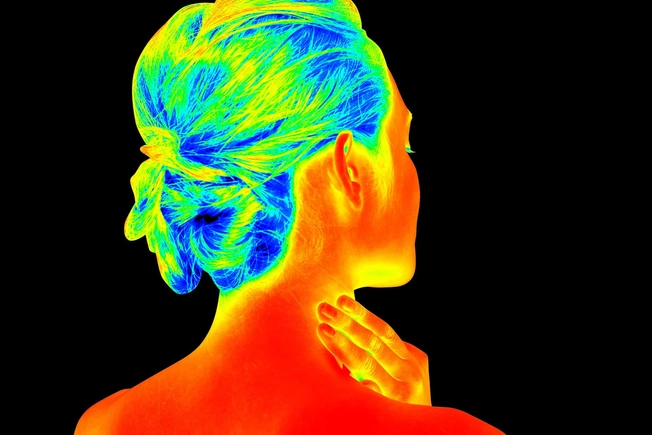What Happens When You Lose A Lot of Weight


What Happens When You Lose A Lot of Weight
When you’ve got pounds to spare, shedding them improves many aspects of your physical health and well-being. Weight loss can lead to changes in your personal life, mental health, your senses, and more. If you’re looking to lose some weight, want to lose more, or have just lost a lot and want to keep it off, check out some of the lesser-known rewards and other changes that come when those pounds drop off.

Better Sleep
Shedding extra weight may help you sleep better at night. Many people who are overweight have trouble sleeping. This is often because of sleep apnea, a difficulty breathing in your sleep that’s more common in overweight people. Weight loss can ease those breathing troubles. You might find that you’re more likely to stay asleep through the night. You may also feel more alert and well rested throughout the day.

Better Mood
Weight loss doesn’t just make your body feel good. It boosts your mood and mental health. In a study of obese older adults, 3 months after a significant weight loss, they reported less tension, depression, anger, and fatigue. And it went both ways. People whose moods were better dropped more pounds. Keeping a healthy weight lowers risk for depression, anxiety, and other mental health problems. A good mood and a healthy weight go together.

A Different Taste in Food
Too much excess weight can dull your sense of taste. One reason for this might be that you've actually lost taste buds. Studies show that people who lose a lot of weight, especially after weight loss surgery, don't taste things the same way afterward. Sweet and fatty meals might not taste as good to you. So, you’ll naturally start to eat more healthy food and take in fewer calories.

Brain Gains
Studies connect obesity to troubles with memory, thinking skills, and overall brain function. A study in 20 overweight women suggests it works the other way too. Though it was a small study, it showed that after losing weight, the women did better on memory tests. Certain parts of their brain also became more active after the weight loss.

A Better Sex Life
People who are obese often report low interest in sex or that they just don’t enjoy it very much. Overweight men may struggle with erectile dysfunction. The good news is that losing the extra weight can help. A review of 16 weight-loss studies showed that when people lose weight, the quality of their sex life improves.

Reduce Your Health Risks
Obesity increases your risk for many health problems. Losing the extra weight can help eliminate those health problems or lower your odds for them. Weight loss can reduce your blood pressure and cholesterol. It can also slash risk for diabetes, heart disease, stroke, and osteoarthritis.

Cut Your Cancer Risk
People who have more body fat are more likely to get many types of cancer. Weight loss can lower your risk for breast, endometrial, colon, prostate, and other cancers. Even if you do get cancer, you’ll have better odds if you fight the disease at a healthier weight.

Loose and Hanging Skin
This is a less desirable side effect of major weight loss. If you've shed quite a few pounds, your skin can’t just bounce back to where it was before. You may have extra folds or flaps on your belly, thighs, arms, chin, or your breasts. You might not like the way they look. This excess skin can also be uncomfortable and even get irritated or infected. A plastic surgeon can perform an operation to get rid of the extra tissue.

Your Metabolism Slows
If you lost a lot of weight, it’s because you’re eating less. When you make a major change in the amount of food you take in each day, your body begins to process it more slowly. This can make it harder to keep losing weight after you've already lost some. You can give your metabolism a little help with more exercise, including strength training to build muscle mass.

Your Body Clock Shifts
Fixed meal times can help regulate the internal clock that keeps your body running on a 24-hour day. If you've changed when you eat to help you lose weight, you may also see changes in when you sleep and wake. If you want to keep losing, studies show that when you eat matters. For example, overweight and obese women may lose more weight when they eat a bigger breakfast and less at dinner even when the total calories for the day are the same.

Your Body Temperature Changes
Scientists have tied body temperature to obesity in men and post-menopausal women. (Menstrual cycles might help regulate body temperature in other women.) Data suggest that a higher body mass index is connected to higher body temperature. If you lose a lot of weight, you might notice yourself feeling cooler.